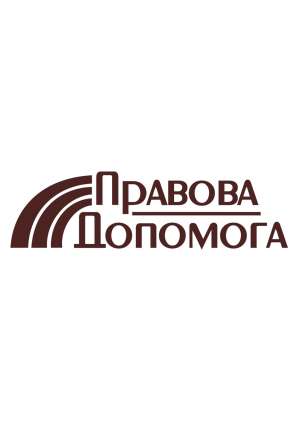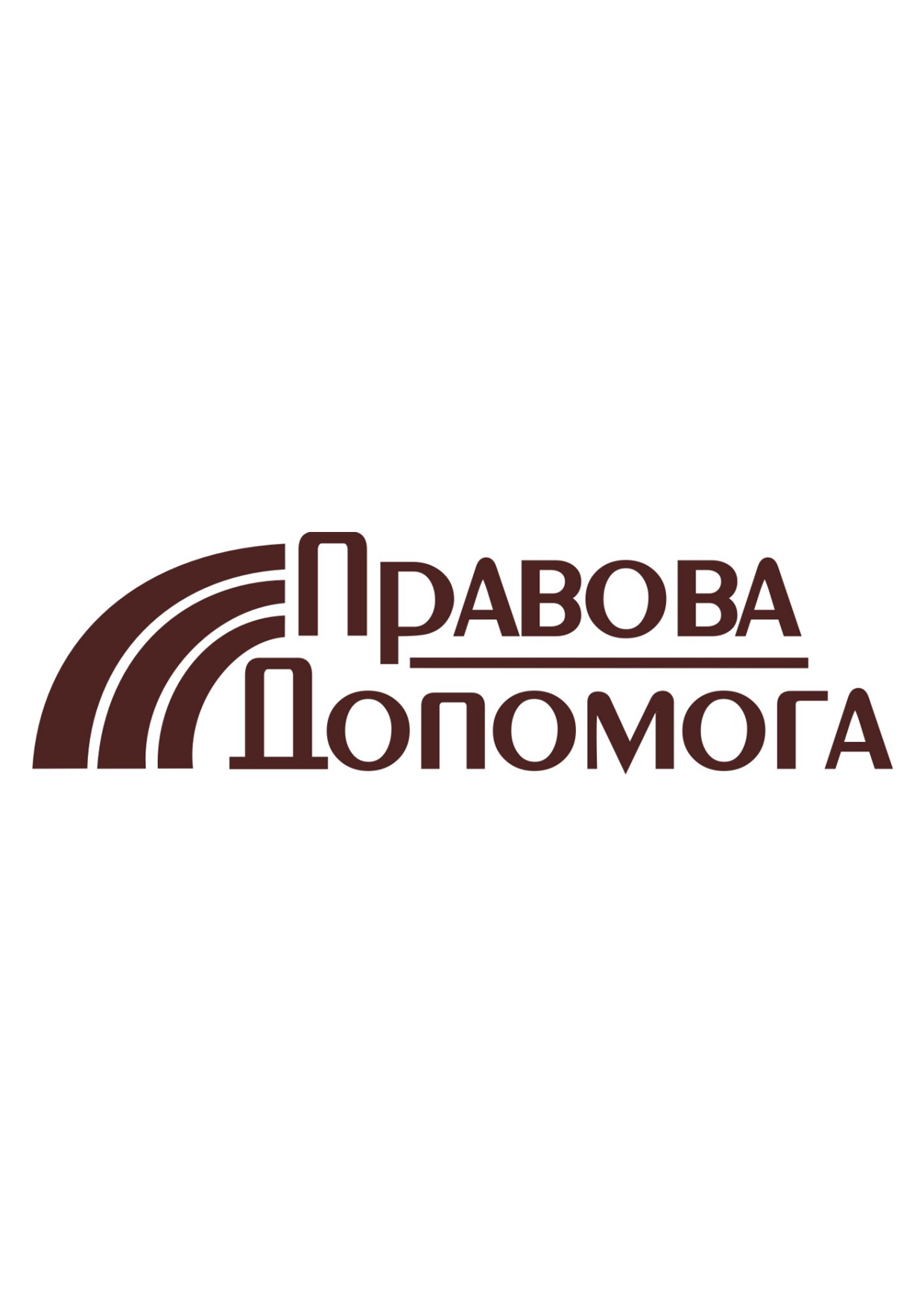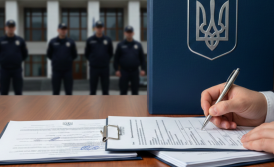How to withdraw money abroad during the war: a new Resolution of the Cabinet of Ministers
Cost of services:
Reviews of our Clients
On Jul 7th, 2022 in response to repeated requests of the European Business Association the Cabinet of Ministers canceled the decree that limited the import of goods during martial law, approving the list of services, works, intellectual property rights, other non-property rights, intended for sale (transfer for payment), and instructed the NBU to ensure the transfer on transactions for their import.
The list of allowed transactions from now on. It includes, for example, payments for the following services:
- transportation of passengers and cargo (by any means of transport);
- medical laboratories;
- registration and re-registration of medicines;
- provision of advertising services;
- under license agreements (e.g. royalties);
- the use of copyright objects;
- information services, such as those related to software products (a whole list is allowed);
- legal, audit, other consulting services, etc.
As we can see, the above list by virtue of, firstly, its categorical breadth, and, secondly, due to the vagueness of the wording, gives quite a lot of room for maneuvering.
However, in a hurry with the preparation of documents for the bank, we should not forget some of the rules, which should correspond to international operations.
You may also like: Tax Risks of Moving to Poland and Continuing Operations in Ukraine
What should be remembered when preparing documents for the bank?
Firstly, all transactions with related non-residents must comply with the principle of “business purpose”, otherwise payments in favor of non-residents cannot be attributed to the expenses of a Ukrainian company. However, there is no “business purpose” if the purpose of the transaction is tax evasion; or if under comparable conditions a person would not be willing to enter into a similar contract with unrelated third parties.
These rules apply to transactions with any non-residents, regardless of the jurisdiction in which they are registered (offshore or not).
Secondly, all transactions with related non-residents must comply with the “arm’s length” principle, that is, they must comply with normal market conditions. Otherwise, the inflated cost of goods/services purchased from such non-residents in controlled transactions (in excess of the normal market price for similar goods/services) may be reclassified as a “hidden dividend payment” (with appropriate taxation under the dividend tax regime, on the application of the repatriation tax, etc.).
Thirdly, we should not forget that some payments have certain accounting features.
For example, if we take royalties, income tax payers must increase the financial result before taxation by the amount of royalties paid under the following conditions:
- if royalties are paid in favor of a non-resident, which is not a beneficial (actual) owner of royalty (e.g. is only a transitory owner of such income);
- if royalties are paid in favor of a non-resident on the objects, the intellectual property rights regarding which first appeared for a resident of Ukraine;
- if royalties are paid in favor of a non-resident not liable to taxation with regard to royalties in the state of which it is a resident;
- in other cases.
Or the nuances of VAT taxation. We remind you that VAT arises when a non-resident provides a certain list of services to a Ukrainian company, for example, consulting services or services related to the IT field, as the place of supply of these services is the customs territory of Ukraine. When a non-resident (VAT non-payer) provides its services to a resident, this resident is responsible for the assessment and payment of tax to the budget.
The same applies to the provision of services by a non-resident to another non-resident in the territory of Ukraine.
By the way, when these services are provided by a resident to a non-resident of Ukraine, the place of service delivery is considered the place where the recipient of services is registered as a business entity (another country), and therefore VAT does not arise in Ukraine.
Fourthly, we should not forget that some transactions may be subject to repatriation tax in Ukraine.
The general rate of such tax is 15%, but it may be reduced under the provisions of treaties on avoidance of double taxation between Ukraine and the country where the payment is made – if such a treaty, of course, is signed.
For example, speaking of the royalties, depending on the country, the repatriation tax rates are usually 5% or 10%, with very rare exceptions towards a lower rate. This is caused by the fact that Ukraine now brings all of its treaties on tax avoidance in line with the standards and rates of the Model Convention, which, in turn, tends to set the minimum tax rate at 5%.
For illustration: just recently (in summer), despite the war, the Law of Ukraine of February 16, 2022 No. 2064-IX came into force, which canceled a zero tax rate on royalties with Denmark, which is the source of income, as well as traditionally expanding the opportunities for exchange of information between the countries.
Please note! Before running to the bank, it is very important to carefully analyze the planned transaction to see what tax consequences it will have for you.
In addition, it’s worth preparing very carefully for the bank meeting, because banks are very picky (given the pressure exerted on them by the regulator). Only careful tax planning will give a 100% guarantee of the transaction and the withdrawal of funds from the transaction to a foreign account.
We offer you legal analysis and advice on transactions abroad today.
With us you will be able to withdraw funds safely without problems with tax or other regulatory authorities or banks.
Please see the legal advice fees here.
Everything about doing business in Ukraine, including from abroad – here.
Our clients







